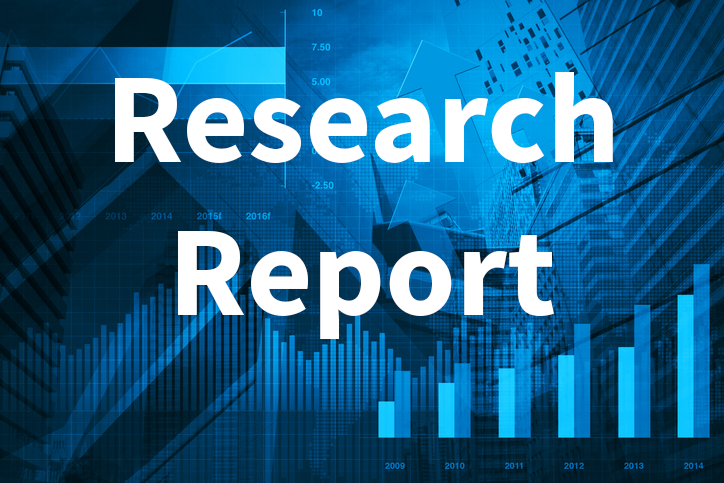The Big Fish Small Pond problem – speech by Andrew Haldane
Published by Gbaf News
Posted on May 12, 2011
2 min readLast updated: January 22, 2026

Published by Gbaf News
Posted on May 12, 2011
2 min readLast updated: January 22, 2026

Speaking at the Institute for New Economic Thinking annual conference in New Hampshire today, Andrew Haldane – Executive Director for Financial Stability – discusses a number of public policy questions which arise as a result of observed and potential future international capital flows.
Andrew Haldane begins by stating that there is a tension between the speed with which emerging market economies’ capital markets are widening and deepening and the extent to which international investors are seeking to diversify their portfolios to spread risk and boost returns. He calls this the Big Fish Small Pond (BFSP) problem. He says any imbalance between the rates at which international capital is distributed and absorbed could “…cause ripples right across the international monetary system”. As an example, he notes that last year’s flow of capital into emerging markets was large relative to some emerging asset markets. This caused “bubbly behaviour in emerging asset markets” and public policy responses ranging from capital flow restrictions to macro-prudential measures.
That leads Andrew Haldane to consider whether these ripples might be expected to rise or fall in the future. He constructs simple illustrations to consider whether portfolio diversification will outpace deepening in emerging markets over future decades. He explores two key factors that influence the result. First, the extent to which the current degree of ‘home bias’ among advanced economy investors is eroded over time. Second, the changing size of emerging market economies’ capital markets compared with developed economies. He says that: “Taken together, these projections do not suggest a dissipation of the BFSP problem. More likely, they suggest it could intensify.” Relative to market size, peak inflows could easily be twice as large as those seen in the past. That is a recipe for financial instabilities.
Andrew Haldane turns finally to consider what the public policy response might be to the emerging BFSP problem. He suggests some of these responses would have been frowned upon by many international policymakers in the past. But times have changed and the BFSP scenario raises new policy questions for developed countries, including what role capital controls, financial deepening and macro-prudential measures might play. He concludes: “Capital restrictions and macro-prudential policies have entered the policy bloodstream, if not yet the mainstream. The debate today is how best to integrate such tools into established macroeconomic policy frameworks.” This might require new international “rules of the financial road” for global finance.
Source: bankofengland.co.uk
Explore more articles in the Top Stories category











